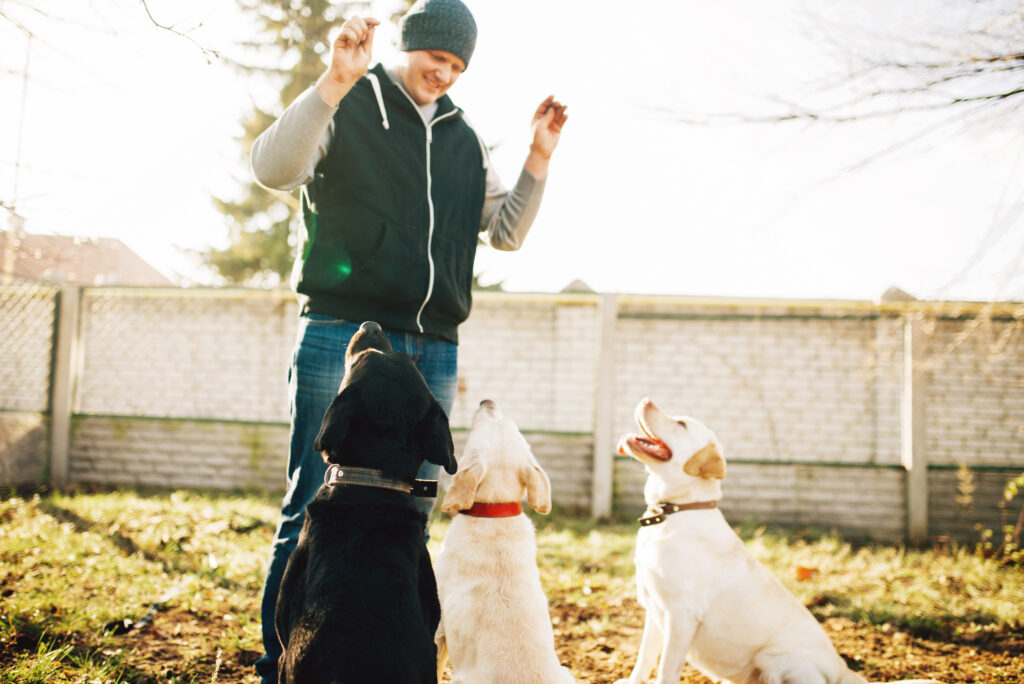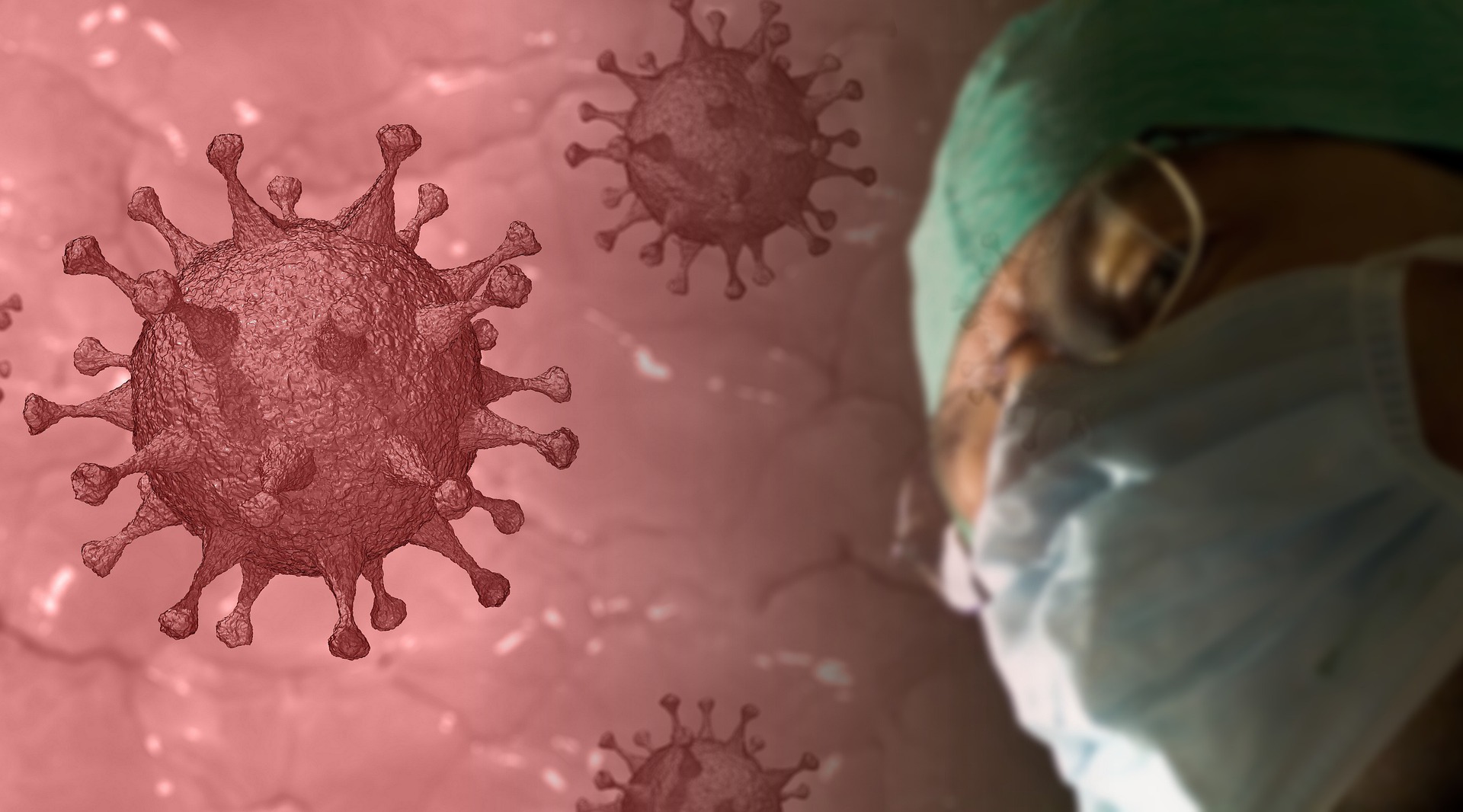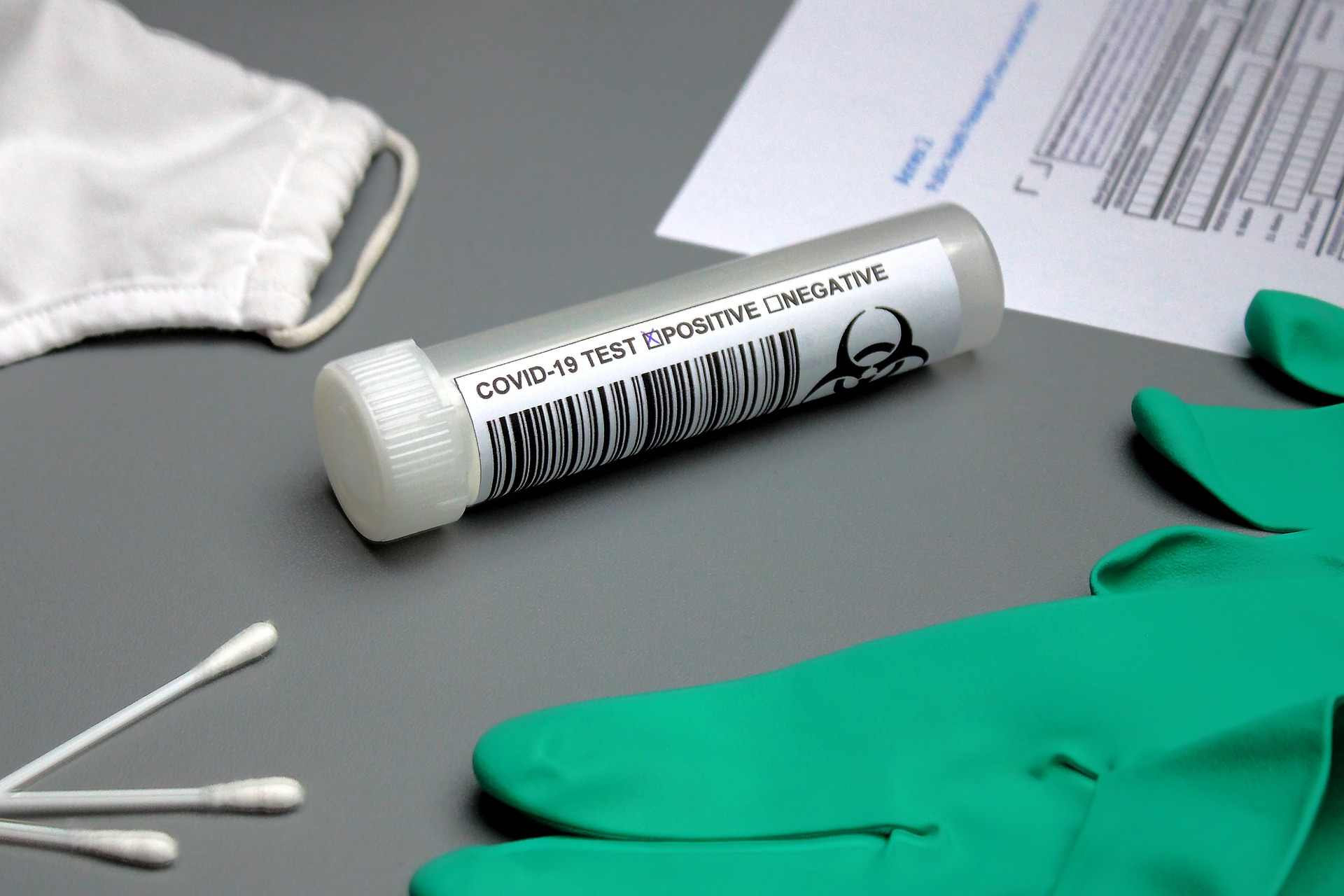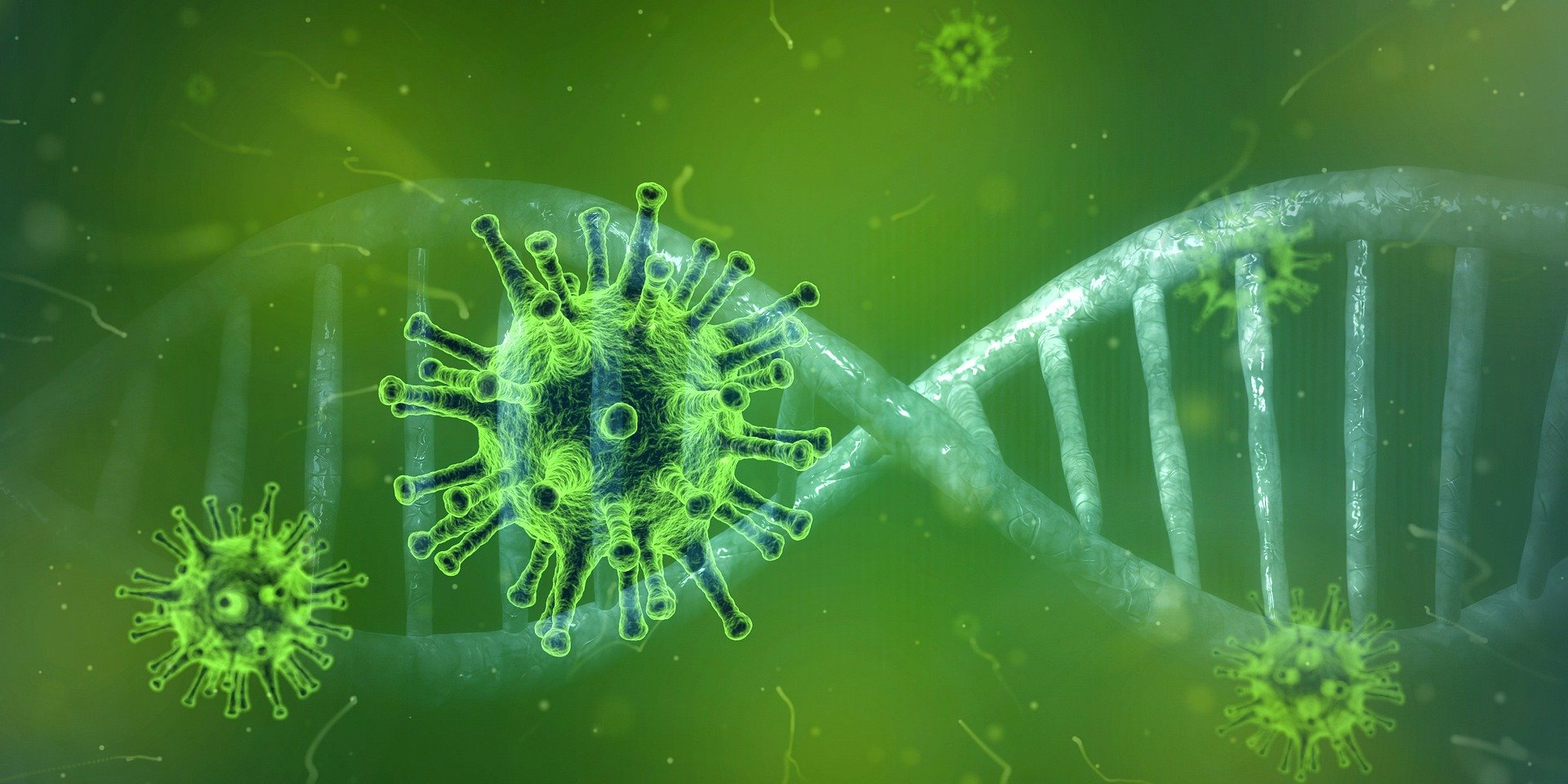There are various ways to detect and diagnose COVID-19, including PCR-based tests and antigen diagnostics. But in some parts of the world, dogs are being used to sniff out COVID-19 positive patients.
In Australia, a springer spaniel named Floki is being studied by scientists at the University of Adelaide. They are training the canine to detect signs of coronavirus infection in human sweat, with aims of using dogs to screen people for COVID-19. The dog is rewarded with positive reinforcement when they pick up a COVID-19 positive sweat sample out a line-up. The study shows that dogs trained in this method can identify people who are infected before symptoms develop.
Four dogs involved in the project were used at the Helsinki airport to detect the presence of the virus. The dogs were able to do so in less than 10 seconds and with 100 percent accuracy. This is a new, convenient and affordable way to detect COVID-19 in individuals.
According to a statement reported by Global News, “it’s a very promising method. Dogs are very good at sniffing,” said Anna Hielm-Bjorkman, a University of Helsinki professor of Equine and Small Animal Medicine. “If it works, it will be a good (coronavirus) screening method at any other places,” she said, listing hospitals, ports, elderly people’s homes, sports venues and cultural events among the possible locations where trained dogs could put their snouts to work.
The COVID-19 detecting dogs are trained by smell detection agency Wise Nose. They work to promote olfactory discrimination skills. As stated on their website, “dogs can be trained to recognize the smell of the changes that are associated with certain medical events. For example, cancer cells leave tiny amounts of volatile substances that dogs learn to recognize.”
When looking at COVID-19 specifically, a pilot study states that “volatile organic compounds produced during respiratory infections can cause specific scent imprints, which can be detected by trained dogs with a high rate of precision.” The preliminary findings showed that “trained detection dogs can identify respiratory secretion samples from hospitalized and clinically diseased SARS-CoV-2 infected individuals by discriminating between samples from SARS-CoV-2 infected patients and negative controls.”
Other countries, including Australia, France, Germany and the United States, have embarked on similar studies that involve the detection of the coronavirus using canines.
A French study conducted in June 2020 involved 18 dogs across three sites. A total of 198 armpit sweat samples were obtained from hospitals. The dogs had a success rate between 83 and 100 percent when identifying positive samples in a line containing several negative samples
COVID-19 is known to infect mink and cats but dogs do not have the receptors needed for the virus and do not seem to be easily infected.
Wise Nose is training 16 dogs for the project, 10 of which will be used at the Helsinki international airport.












Join or login to leave a comment
JOIN LOGIN